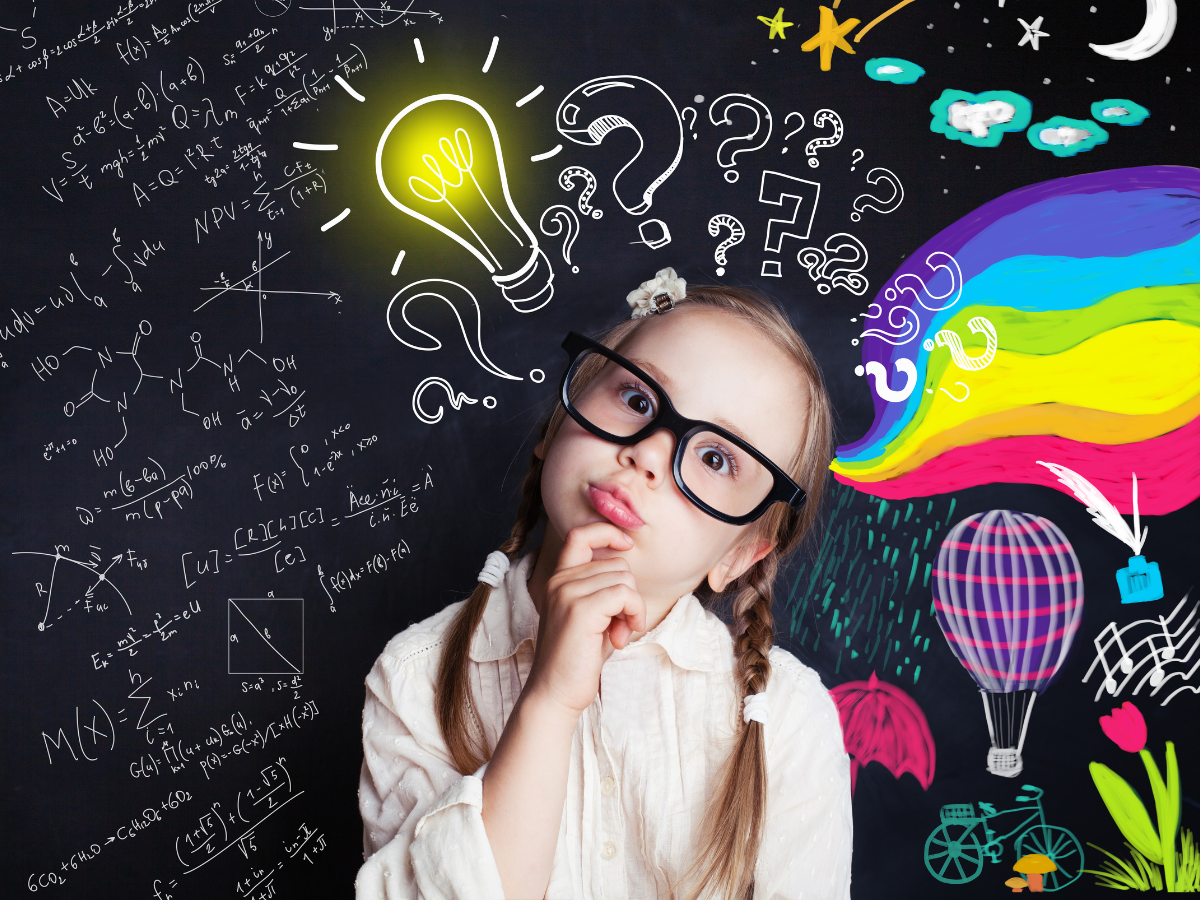Milestones Matter: The Comprehensive Guide to Tracking Your Child’s Development

In the enriching journey of parenting, observing, and tracking the developmental milestones of your child is a profound engagement that transcends the mere ticking of boxes on a paediatric chart. It's about delving into the unique path of growth each child undertakes — a captivating narrative that unfolds the intricacies of their physical, emotional, social, and cognitive development. This vigilant process of observation offers invaluable insights into the emerging personality and potential of a child, marking each step of their journey with significance and celebration.
The Significance of Milestones
Milestones are the beacons that
guide us through the developmental odyssey of a child's early years, from the
initial smile sparked by recognition to the adventurous first steps into
independence, and beyond. These markers illuminate the strengths of a child and
pinpoint areas that might require additional nurturing. However, it’s paramount
to acknowledge that children grow at their own unique pace; variations in
reaching these milestones are perfectly normal and not a cause for concern.
Embracing Individual Journeys
By embracing the individuality of
each child's developmental trajectory, parents forge a deeper connection with
their offspring, enabling them to provide support tailored to the child’s
evolving needs. This not only lays a solid foundation for future learning and
development but also bolsters the child's self-esteem and motivation as they
recognize and celebrate their own achievements.
In today's digital age, an array
of tools and resources stands ready to assist parents in tracking their child's
development. Apps, websites, and online communities offer valuable information
and avenues to connect with experts and fellow parents alike. Amidst this
wealth of information, however, it's crucial to maintain focus on the child's
personal experience, avoiding the pitfalls of comparison and unrealistic
expectations.
Celebrating Every Milestone
As we honour each milestone, big
or small, we're reminded of the marvels of development and the privilege we
hold in guiding our children through their formative years. Let’s celebrate
these milestones with joy, understanding, and anticipation for all the
achievements that lie ahead.
Developmental Milestones by Age
Birth to 3 Months
- Social and Emotional: Develops initial smiles, comforted by familiar voices and touches.
- Physical: Raises head and chest when on the stomach, grips objects.
- Cognitive: Shows interest in faces, follows moving objects with eyes.
- Language/Communication: Coos, makes gurgling sounds, turns head towards sounds.
 4 to 6 Months
4 to 6 Months
- Social and Emotional: Smiles spontaneously, shows displeasure when play stops.
- Physical: Rolls over, begins to sit with support, tries standing with support.
- Cognitive: Responds to affection, reaches for objects with curiosity.
- Language/Communication: Begins to babble with expression, imitates sounds, responds to own name.
 7 to 12 Months
7 to 12 Months
- Social and Emotional: May exhibit stranger anxiety, shows preferences.
- Physical: Sits without support, crawls, possibly takes first steps.
- Cognitive: Explores objects, finds hidden objects.
- Language/Communication: Babbling sounds more speech-like, uses simple gestures (e.g., waving goodbye), tries to imitate words.
1 to 2 Years (Toddlers)
- Social and Emotional: Exhibits defiant behaviour, begins interactive play, demonstrates increasing independence, shows memory of people and places.
- Physical: Walks independently, begins to run.
- Cognitive: Follows simple instructions, uses objects correctly.
- Language/Communication: Says several single words by 15 to 18 months, simple sentences by 24 months.
2 to 3 Years
- Social and Emotional: Enjoys companionship of other children, shows a range of emotions.
- Physical: Climbs well, runs easily, begins toilet training, pedals a tricycle (three-wheel bike), can briefly balance on one foot.
- Cognitive: Sorts objects, completes sentences in books.
- Language/Communication: Follows two- to three-step instructions, names most familiar things, understands the concept of "mine".
3 to 4 Years
- Social and Emotional: Cooperative play, shows concern for friends, more imaginative with make-believe play, increasingly understands the concept of time.
- Physical: Hops, stands on one foot, catches balls.
- Cognitive: Understands "two," begins copying letters, imaginative play.
- Language/Communication: Talks about what happened during the day, asks "why" questions, understands the idea of "same" and "different".
4 to 5 Years
- Social and Emotional: Follows rules, enjoys performing, more likely to agree to rules, likes to sing, dance, and act.
- Physical: Stands on one foot for 10 seconds, adept at swinging and climbing.
- Cognitive: Counts objects, names colours, understands time concepts.
- Language/Communication: Speaks very clearly, tells a simple story using full sentences, understands the concept of counting and may know some numbers.
As we venture through the terrain
of child development, armed with knowledge and compassion, we celebrate each
milestone as a testament to the unique journey each child embarks upon. Through
this process, we not only contribute to their growth but also enrich our
experiences as parents, cherishing every moment of this unparalleled journey.








Comments
Post a Comment